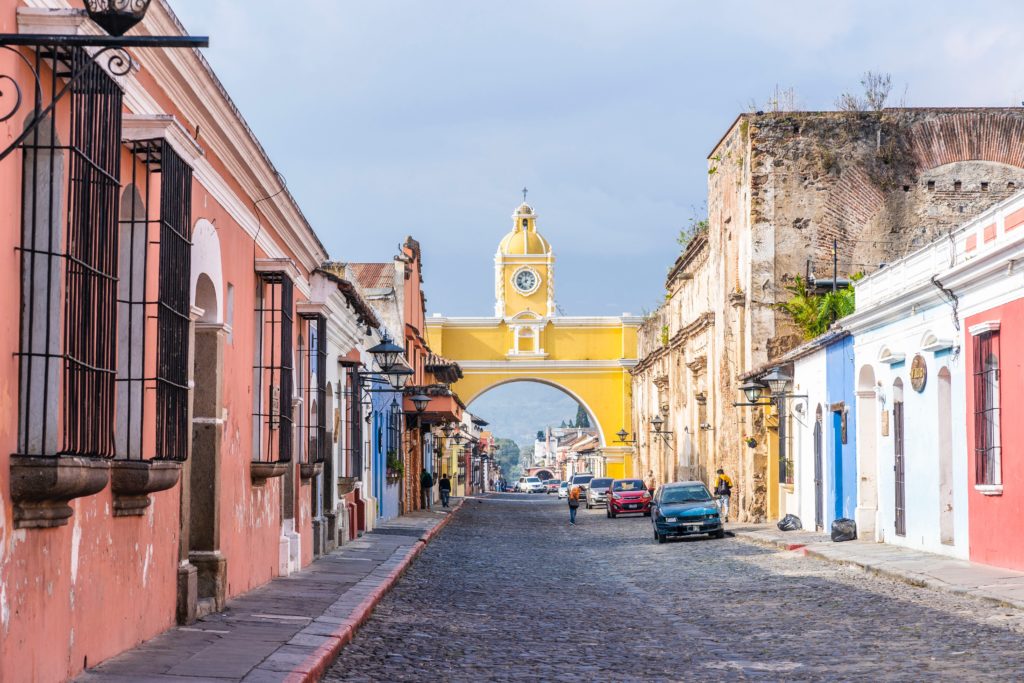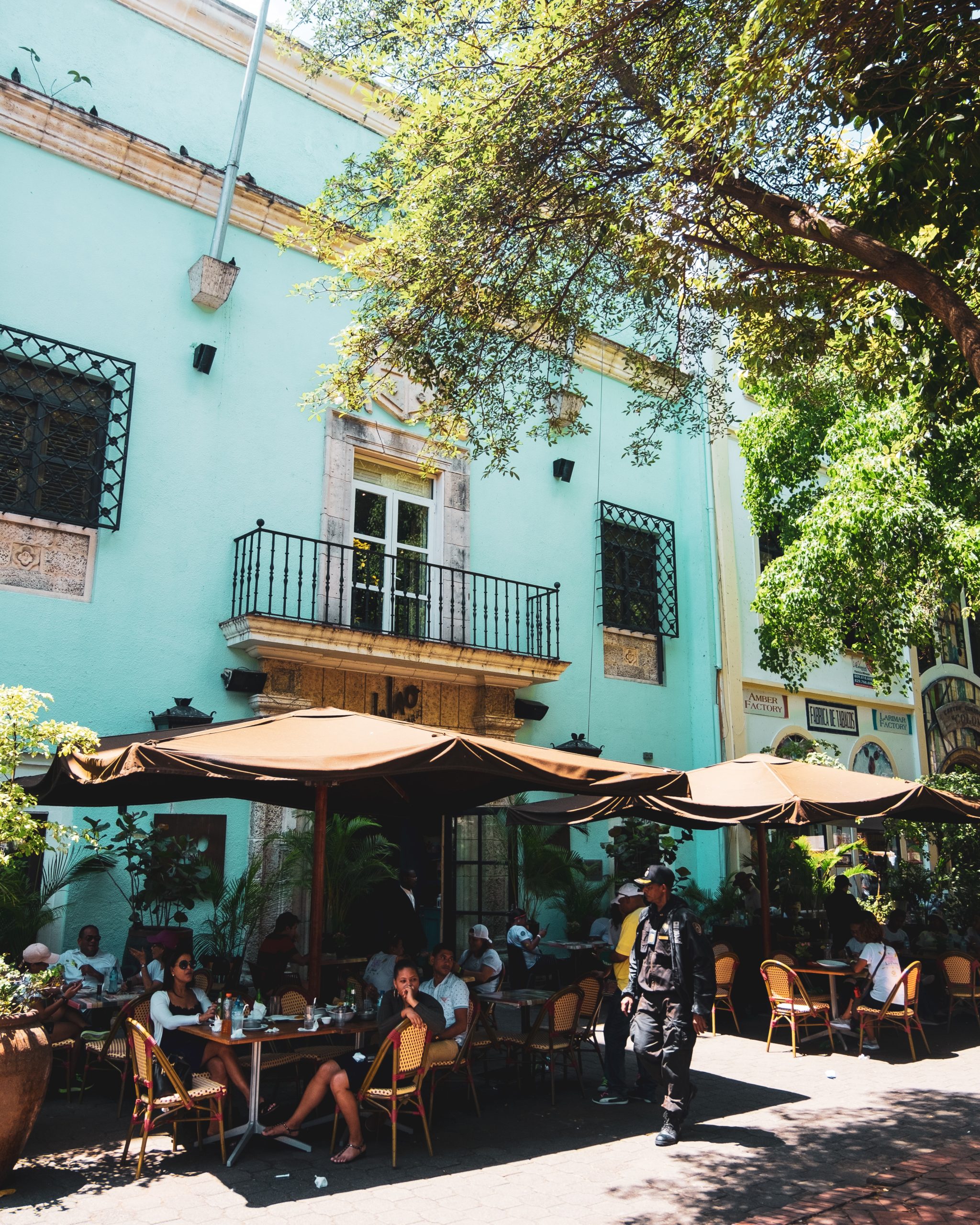Before entering the market in Guatemala, businesses should carefully evaluate their resources, as well as their history of exporting or doing business in other countries, and their long-term business strategy. The quality of American products and services is highly regarded throughout Guatemala. One of the most common and successful ways to break into an industry is to sign on with a local agent or distributor. Obtaining a license, beginning operations as a franchise, and searching for local partners who have contacts and knowledge of the market are some additional strategies.
Between 2009 and 2019, the level of foreign investment in Guatemala nearly doubled, in part due to the country’s growing economy and improved level of security.
These factors, along with Guatemala’s strategic location at the intersection of Central and North America. And its preferential access to key global markets has contributed to the country’s success in luring an increasing number of international businesses and investors. Guatemala is located at the intersection of Central America and North America.

Starting a business in Guatemala (market conditions)
Guatemala, which dominates Mexico’s southern border, benefits from its proximity to the major North American markets of Canada, Mexico, and the United States. Flights from Guatemala City, the country’s capital, take three hours to Miami or Houston and five to Los Angeles.
Guatemala is a major trade hub in Central America, accounting for about 30% of the goods that pass through the subregion. The country spans the width of the Central American isthmus and has high-volume ports serving both the Pacific Ocean and the Caribbean Sea.
The nation’s substantial agriculture sector contributes roughly 10% of the GDP, which reached $76.71 billion in 2019 after two decades of exponential and nearly uninterrupted expansion (all figures in USD). Guatemala’s industrial sector accounts for 22% of GDP, but the services sector has grown dramatically over the past decade and accounted for 63% of GDP in 2019.
Coffee, bananas, sugar, and manufactured clothing are some of the main exports from Guatemala, which also has considerable mineral and hydrocarbon reserves. The nation also has a rapidly expanding IT industry, which is anticipated to significantly aid in the post-pandemic economic recovery.
Benefits of starting a business in Guatemala
Some important factors to take into account while opening a business in Guatemala include:
Available staff
In 2019, Guatemala’s population is still relatively young, with a median age of 21.3 years; this suggests that the pool of available local talent is expanding. Guatemala has access to skilled labor at affordable prices, which, in addition to the country’s growth in the service and technology industries, has helped Guatemala attract foreign investment.
Logistical conditions
Guatemala benefits from high internal accessibility in addition to being close to and easily accessible from the major economies of North America. Even though professional and service-based businesses are often located in or near Guatemala City, Guatemala’s small size allows ports and other international transport linkages to distribute manufactured and agricultural goods.
Worldwide accessibility
There are several free trade agreements (FTAs) in place for anyone starting a business in Guatemala. These FTAs with other Central American countries give local companies preferential access to key markets like Chile, Colombia, Dominican Republic, the European Union, Mexico, Taiwan, the UK, and the US.
Growing connectivity
Due to Guatemala’s recent exponential growth in internet usage and coverage, the internal market for things like e-commerce is expanding, as are chances for Internet-based companies.
Tourist popularity
The COVID-19 epidemic harmed Guatemala’s tourism industry, just as it did tourism industries around the world. On the other hand, the number of tourists who visited the country nearly doubled between 2010 and 2019. The tourism industry in that country has some promising prospects for the near future.







